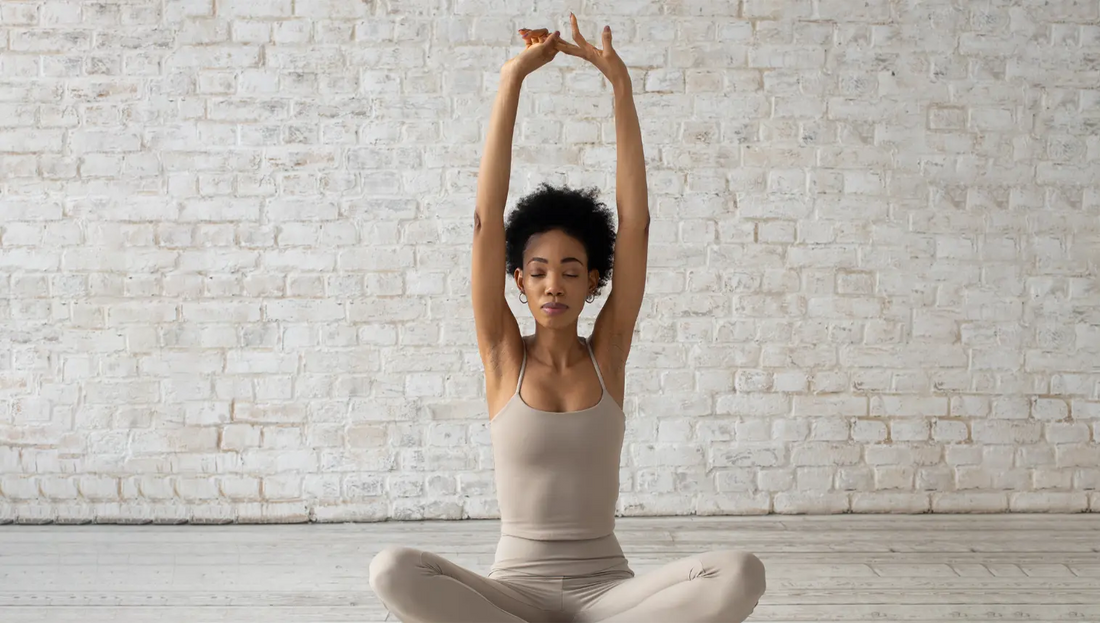
How Mindfulness can change your life
Share

Mindfulness is the practice of being fully aware in the present moment without judgement, meaning a total awareness of our senses, thoughts, feelings, and surroundings. While it sounds simple and something that we can all do. It takes practice to bring this awareness readily into our daily lives.
Achieving this mental state can give a lot of power back to us in day to day life by making us be more in tune with ourselves which in turn makes us more calm, aware, and wise.
The practice can be traced back to Buddhism but since then has been accepted worldwide for its research-backed applications in an array of fields. Some of them are – clinical psychology, anxiety reduction, education, and athletic training.
Clinical studies have also proven Mindfulness to be a great tool for treating and preventing a number of mental and physical health conditions as well.
Let’s look at some present day uses of Mindfulness to understand just how impactful it is.
Mindfulness in application
-
Mindfulness-Based Stress Reduction – MBSR is a program founded by Jon Kabat-Zinn in 1979 at the University of Massachusetts to help treat the chronically ill. Today, 4 decades later, MBSR has immensely grown in popularity and is accepted widely in hospitals, schools, and prisons for the betterment of people.
-
Mindfulness-based cognitive therapy – MBCT is another such program based on the combination of Mindfulness and Cognitive Behavioural Therapy. It is primarily designed to prevent relapse of individuals with Depression and MDD.
-
Mindfulness in Education – The application of mindfulness in schools and educational institutes is to mainly help them relax and be calm, as well as to check the growing stress and anxiety in students these days.
-
Mindfulness in Prison – There’s been a noted reduction in hostility, anger, and substance abuse following the teaching of Mindfulness. More studies show that it also increased their self-esteem and optimism helping them greatly.
Benefits of Mindfulness
Mindfulness impacts an individual’s life in many ways, some of which are -- improved concentration, emotional intelligence, self-control, and mental clarity. People also tend to treat themselves less harshly and with more acceptance and compassion after practicing Mindfulness. Let’s see some of these benefits:
1. Improved Focus

Numerous studies have examined and found that people who practiced Mindfulness are able to focus better and supress distractions compared to those who don’t. There seems to be a direct correlation between Mindfulness and improved attention as well as cognitive flexibility.
2. Improved Emotional Reactions

Mindful people are less likely to have emotional outbursts and rash decisions due to them being more in tune with themselves and their surroundings. They process their thoughts and feelings more smoothly which allows them to stay objective even in unfortunate or upsetting situations. Let’s think of the famous saying –
“Life is 10% what happens to you and 90% how you react to it.”
Mindfulness is owning that 90%.
3. Better Relationships

The quality of your relationships are improved when you can process and communicate your thoughts and feelings better to your family, friends, and partner. Also, a mindful relationship allows more room for kindness and understanding and so feels more secure.
4. Reduced Anxiety

Studies have shown people to have reduced stress and anxiety upon Mindfulness practice. One such was in 2013 at the Massachusetts General Hospital which studied officially diagnosed General Anxiety Disorder patients and noted that those who went through MBSR (Mindfulness-based Stress Reduction) to have significantly better results than those who were taught the usual Stress Management Education.
5. More in Control of Your Life

Living life with Mindfulness is the opposite of living life on autopilot. Think of it as moving from the passenger seat to the driver seat. It can change how you feel about life and it is so powerful in that sense.
How can you get started with Mindfulness?
Now that we’ve told you all about how amazing it is. It’s natural to want to get started with it. While it’s easier than ever to get started with Mindfulness today with a hundred Mindfulness based programs, books, podcasts, and exercises at the tip of your fingers online. We want to provide you 3 simple ways you can start practicing mindfulness from tomorrow already.
1. In your mornings

[A good mindful morning starts the night before by getting proper rest. You can’t have a good morning if you’re still exhausted, sleepy, or hung over.]
We start the day by taking a few deep breaths and some light stretches while we take the time to feel each of those breath and body movements. Try to pay attention to what you see, hear, smell, touch, and feel. Where did your mind naturally wander to?
Try to think of 3 things you’re grateful for this morning and especially so if your mind wandered to a stressful thought first thing in the morning.
Maybe drink a glass of lukewarm water and hear some affirmations to set an optimistic tone for the rest of the day. Also try to set an intention for the day so you consciously make
choices that correspond to that intention as opposed to finishing the entire day on auto pilot.
Lastly, remember to not engage with social media and newspaper as soon as you wake up and give yourself some me-time before you start interacting with the world.
2. In your workouts

Your exercise time can be a great way to practice Mindfulness. You could start before your actual work out and take 2 minutes to reconnect with your purpose and intention. If you want to become stronger then let that intention serve as your inner source of motivation.
When you start working out, try to feel each movement as you move your body. Focus on the quality of your movements than the quantity or speed. Be mindful of your posture and breathing when you’re doing your workouts.
Be very mindful of your thoughts as well. Are you doing this because you are afraid of not looking like your ideal self that you think you must look like in order to be seen and loved? Or is it coming from a place of wellness and joy?
3. Throughout your day

You can consciously check up on yourself throughout the day by asking yourself this simple question – Am I fully here now? Am I present and committed in the moment?
A) If yes, then take a deep breath and savour these little moments in life. After all, these moments are what form the majority of your life. If you only ever live for and look forward to the extraordinary moments of happiness and achievements, you’ll miss the joy of the journey and simple wins that get you to those points.
B) If you answered no, then take a deep breath and bring yourself back to the present and wonder why you lost the awareness in the first place? Could be that you were anxious about something already done in the past or perhaps you were worried about something that hasn’t happened yet. Or might be you are bored so you drifted off to a far away land.
While all of these things are normal human experiences, when they happen too frequently, it tells you something that is a deeper underlying issue. Being Mindful lets you become aware of these issues so you can accept them, process them, and work on them. AND offer yourself the love and support that is needed when you are working on them. 🌸
With that, we come to an end. We hope you liked learning about Mindfulness today as much as we enjoyed writing about it. If you can take something for yourself from here, we’d consider it a success.
